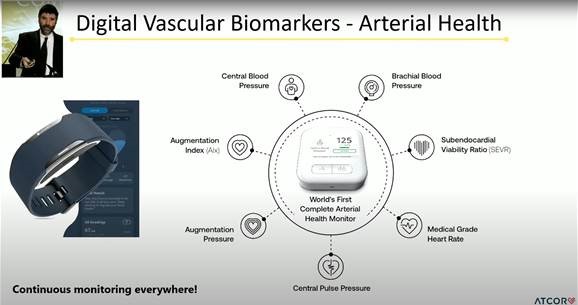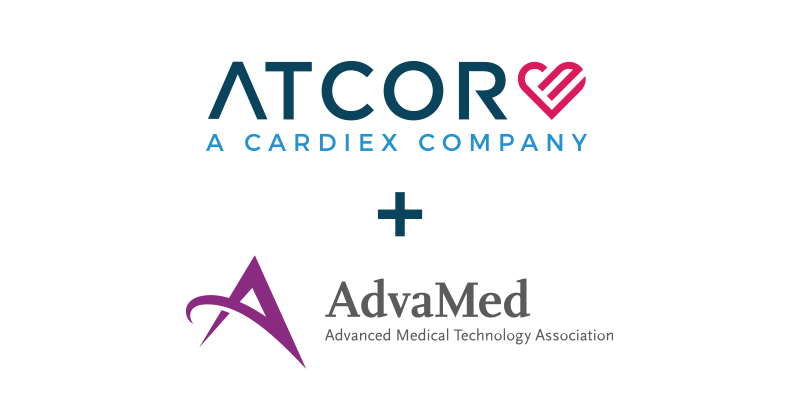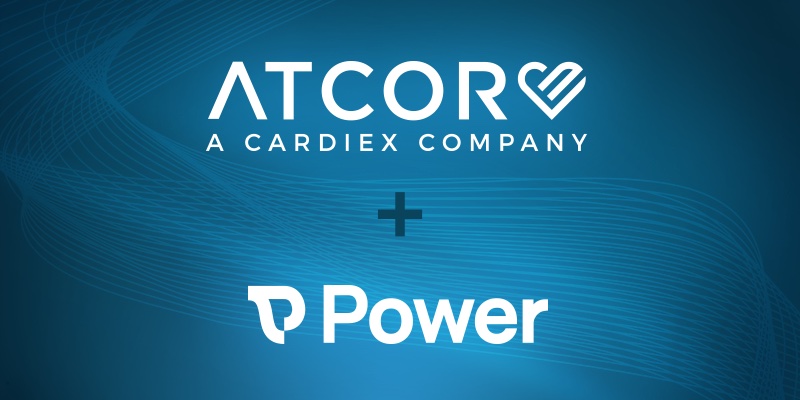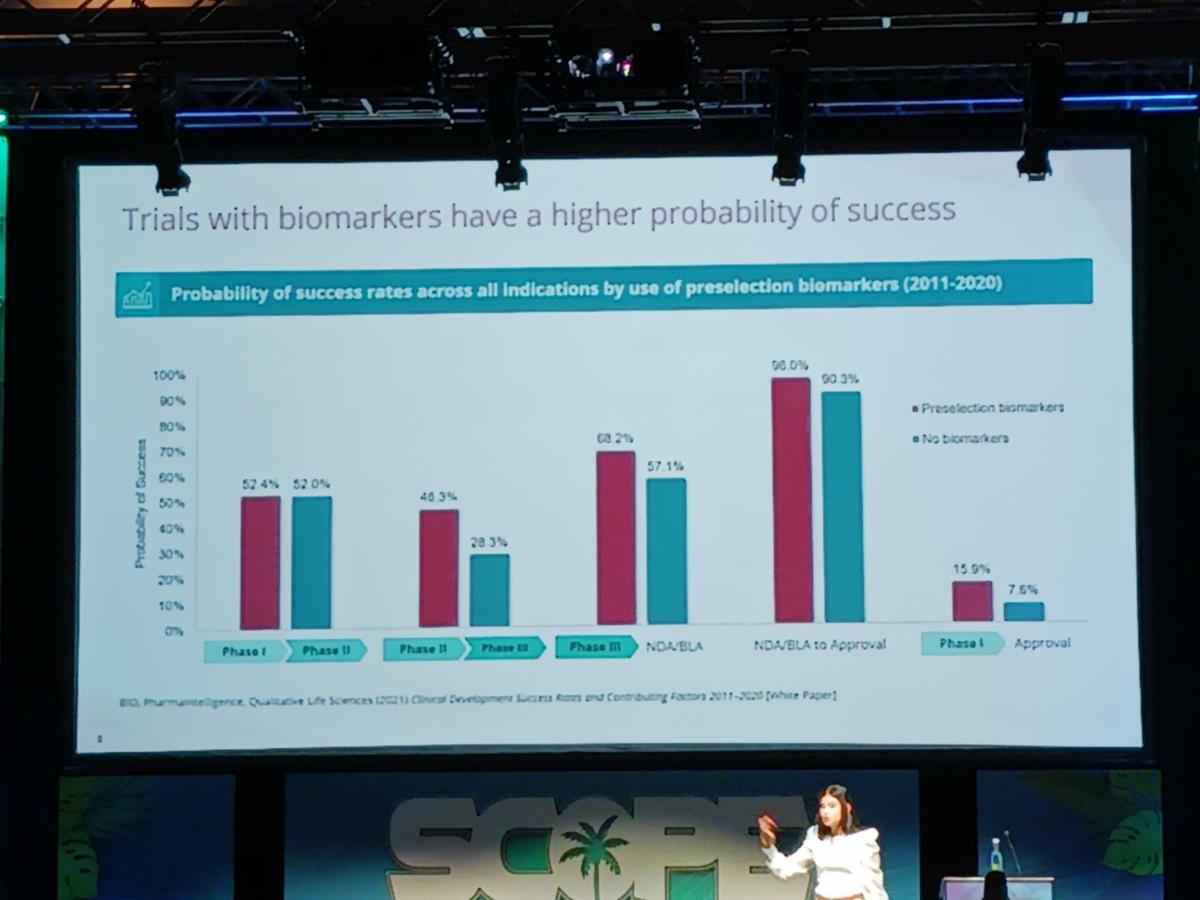
The Link Between Chemotherapy and Arterial Stiffness
March 2023 - Compass Newsletter

Colorectal Cancer Awareness Month:
The Role of Vascular Biomarkers
The ATCOR SphygmoCor XCEL has been used across therapeutic areas in clinical research to study the link between arterial stiffness and chronic diseases, including colorectal cancer. A recent PeerJ- Life and Environment meta-analysis showed increased arterial stiffness following anticancer therapy treatments. Using pulse wave velocity (PWV), researchers demonstrated a direct link to increased cardiovascular disease (>10%).1 In a pilot study from Toohey et al., researchers used the SphygmoCor XCEL for PWV assessments to demonstrate that low to moderate intensity may improve measures of arterial stiffness in cancer survivors.2
1https://www.ahajournals.org/doi/epub/10.1161/JAHA.119.015598 : Parr, s. et al. (2020). Anticancer Therapy 0 Related Increases in Arterial Stiffness: A Systematic Revie and Meta-Analysis. Journal of the American Heart Association, Volume 9, Issue 14: e015598.
2https://peerj.com/articles/2613/# : Toohey, et. al. (2016). A pilot study examining the effects of low-volume high-intensity interval training and continuous low to moderate intensity training on quality of life, functional capacity and cardiovascular risk factors in cancer survivors. Peer J, 4:e2613.

2023 Vienna Congress Highlights Patient Care and Continuous Monitoring Everywhere
Over 1,600 global leaders meet in Austria each year to discuss policy, challenges, and a safer future at the Vienna Congress. This year, Invariant’s Chief Scientific Officer (CSO), Ophir Frieder, presented the “Future Through More Innovation” at this year’s 20th session. On the heels of the ATCOR and Invaryant partnership, Dr. Frieder’s speech offered an exciting glimpse into the future of remote patient monitoring, and how AI intersects with digital patient-centric technology in healthcare.

ATCOR Growth in EMEA Region
ATCOR celebrates our EMEA distributors supporting customers using digital vascular biomarkers to advance their patient care and clinical research across a range of therapeutic areas. With nearly 30 distributors in our network, we proudly call our expanding EMEA distributors part of the ATCOR family.
ATCOR Spotlight: Mr. Serhan Tombul

In his role as the EMEA Sales Manager, Mr. Tombul manages an expansive ATCOR distribution network that has grown to more than 30 companies. We asked him to share a bit about the personal journey he took to find ATCOR Medical. Here, he discusses his career path, what he values and identifies as most rewarding about working with ATCOR, his EMEA distribution network, and our customers.
ATCOR: Can you tell us a bit about your background, and how you started your work with ATCOR Medical?
Tombul: I come from an engineering background. After working as a military field engineer at Reus, I joined Kuantum CRO (a Turkish subsidiary of Parexel) in 2007. Two years later, I began working in the Turkish office for EGeen CRO. I left for ATCOR Medical in 2011 and have been with the company for 12 years.
ATCOR: What is most rewarding in your role as the ATCOR Medical EMEA Sales Manager?
Tombul: Working as EMEA Sales Manager allows me to meet so many great scientific people and businesses across the region. I find it incredibly rewarding to work with and support ATCOR’s distributors. I enjoy meeting and talking with customers to learn about their clinical research and healthcare programs. There is a strong desire for ATCOR’s medical devices to benefit patient care and expand clinical research in the EMEA.

ATCOR’s vast EMEA distribution network provided heartwarming feedback to describe the support provided by Mr. Serhan Tombul. The word cloud above speaks volumes on the quality of support Mr. Tombul provides his EMEA distributors to assist with their positive growth of ATCOR Medical’s vascular health monitoring devices.

ATCOR Medical Joins AdvaMed
A proud member of the Advanced Medical Technology Association, ATCOR is thrilled to join forces with over 400 medical technology companies to improve access to digital technology and improve global healthcare outcomes. AdvaMed helps support ATCOR’s continuing efforts to develop advanced digital health technologies that facilitate clinical research and clinical trials.
SCOPE 2023 in Review — The Power of Biomarkers
The February 7-9 Summit for Clinical Ops Executives (SCOPE) kicked off the 2023 clinical trials conference season with over 3000 global attendees, leaving the exhibit hall, panel discussions, and speaker sessions standing room only. This year’s theme, “Driving Innovation in Clinical Trials & Digital Health," sparked several in depth panel discussions around patient diversity, biomarkers and wearables, as well as continued conversation around decentralized and hybrid clinical trial models. “If we want to move the needle on patient-centricity, optimizing protocol designs is a great place to start. Including biomarkers as endpoints expands data collection on patient safety and drug efficacy,” says Toni Hofhine, President of ATCOR Medical.
Diversity in Research: Shifting the Clinical Paradigm

On February 6, 2023, ATCOR Medical announced a new partnership with Power, a fast-growing patient recruitment marketplace democratizing patient trial access.
Together, ATCOR and Power will advance medical research. Combining Power’s searchable patient platform with ATCOR’s SphygmoCor® digital vascular biomarker technology for screening patients using novel inclusion/exclusion criteria, this partnership will improve patient access, diversity and patient outcomes with an "any patient, anywhere and every patient, everywhere" approach.

Brandon Li, Power co-founder, and Toni Hofhine, President of CardieX subsidiary ATCOR Medical, met at SCOPE 2023 on the day of the partnership announcement.
About Us
ATCOR develops innovative medical devices and digital solutions that help identify and manage hypertension, cardiovascular disease (CVD), and other related vascular disorders such as Alzheimer’s and renal disease.
Using ATCOR's SphygmoCor® technology, researchers and clinicians are able to collect and assess clinically relevant digital vascular biomarkers to help facilitate better routine patient monitoring. These measurements also shed insight into subclinical changes in the arterial system that improve the efficacy of clinical trial therapies for chronic vascular diseases.
Read more about how our technological innovations can improve global health outcomes here.


